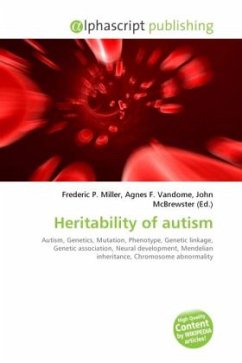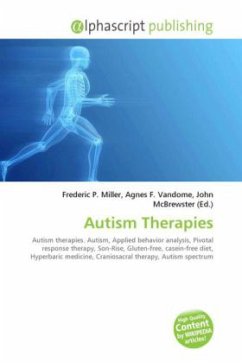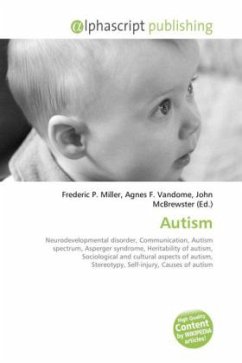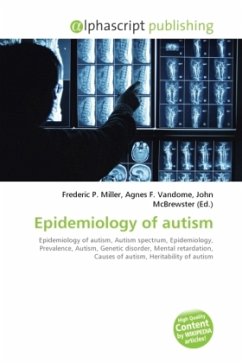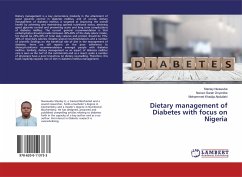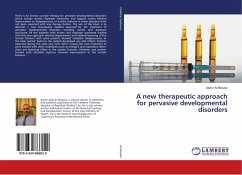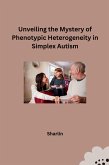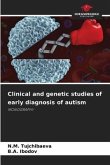Autism has a strong genetic basis, although the genetics of autism is complex and it is unclear whether ASD is explained more by multigene interactions or by rare mutations with major effects. Early studies of twins estimated the heritability of autism to be more than 90%; in other words, that 90% of the differences between autistic and non-autistic individuals is due to genetic effects. This may be an overestimate; new twin data and models with structural genetic variation are needed. When only one identical twin is autistic, the other often has learning or social disabilities. For adult siblings, the risk of having one or more features of the broader autism phenotype might be as high as 30%, much higher than the risk in controls. Genetic linkage analysis has been inconclusive; many association analyses have had inadequate power. For each autistic individual, mutations in more than one gene may be implicated. Mutations in different sets of genes may be involved in different autistic individuals.
Bitte wählen Sie Ihr Anliegen aus.
Rechnungen
Retourenschein anfordern
Bestellstatus
Storno

